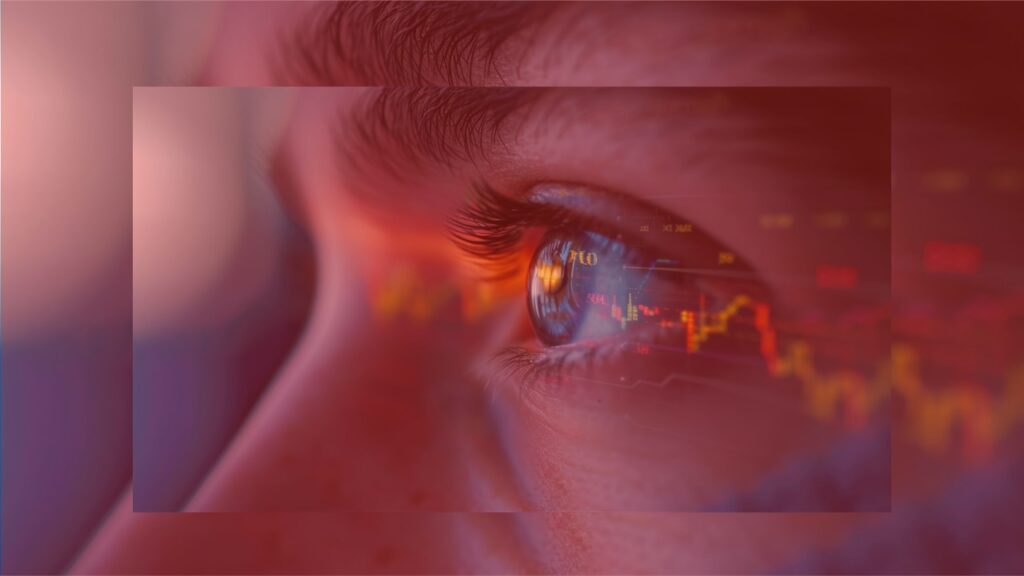
AI in HR: beyond talent selection
Artificial intelligence has revolutionised the field of human resources beyond talent selection, influencing personalised training, predicting labour needs and improving strategic decision-making. Its applications in HR stand out for their impact on the automation of repetitive tasks, the personalised development of competencies to increase people’s skills and abilities, and the need for ethical oversight to ensure its responsible use. When a balance is struck between technology and the human factor, AI not only improves efficiency, but also drives strategic, people-connected talent management.
The article ‘How AI Could Change the Odds of Landing a Job’, published in The Wall Street Journal, highlights how many companies already use artificial intelligence to pre-screen candidates, analyse automated responses and detect patterns in interviews. While these tools can improve accuracy in the selection process, they also pose the challenge of maintaining the human factor in decision-making.
An unstoppable revolution
The implementation of AI has undoubtedly transformed the management of HR processes in companies. Although initially focused on candidate pre-selection, its scope has now expanded to improve efficiency in a variety of HR functions. Thanks to this technology, HR teams can reduce the time spent on repetitive tasks such as payroll management, interview scheduling and benefits administration. With specialised tools, large volumes of data can be analysed in less time, allowing professionals to focus on strategic activities and talent management.
Machine learning facilitates the creation of personalised training programmes, tailored to the skills and needs of each employee. Intelligent platforms can recommend courses, evaluate progress and detect areas for improvement, promoting continuous professional growth aligned with organisational goals. In addition, the analysis of patterns in employee behaviour can identify factors that influence talent retention and job performance. Through predictive algorithms, companies can anticipate future needs and design proactive strategies for more efficient workforce management.
Balancing technology and empathy
While this technology can reduce certain human biases in recruitment, it also risks perpetuating inequalities if it is not designed and implemented in an ethical manner. Expert oversight is essential to ensure that the models used are fair and inclusive. In addition, overuse of AI in HR can lead to a disconnect with employees, diminishing human interaction and affecting the work experience. The key is to find the balance where technology facilitates work without replacing empathy and human contact.
Automation and data analytics in HR offer multiple opportunities to optimise processes and improve talent management. However, their implementation must be accompanied by ethical oversight and balanced with human interaction. The combination of technological innovation and expert oversight allows for more efficient, inclusive and people-centric work environments.
The future of HR work lies not in a dichotomy between artificial intelligence and human talent, but in the synergy between the two. The analytical and processing capabilities of AI can complement human creativity, intuition and empathy, generating more effective processes without losing genuine contact with people.
The key to success lies in harnessing the power of technology to empower human work, ensuring that decisions remain aligned with ethical values and organisational needs. Only through this balance will it be possible to build sustainable and adaptive work environments, where technology is an ally of talent, not a substitute for it.
At Auren, we understand the importance of integrating artificial intelligence into human resources processes without losing the focus on people. Our methodology is based on three fundamental pillars:
• Intelligent automation, through the implementation of technological solutions that optimise repetitive and administrative tasks, allowing HR professionals to dedicate their time to strategic and higher value-added tasks.
• Personalised talent development, through training programmes designed to adapt to the specific needs of each employee, boosting their professional growth and maximising their potential within the organisation.
• Ethics and human oversight, ensuring that technology is used as a tool to strengthen the connection between people and not to replace it. We promote responsible use of AI, ensuring decisions are fair, transparent and aligned with corporate values.
As the theoretical physicist Stephen Hawking noted: “Artificial Intelligence is the final frontier. Beyond that frontier lie unimaginable benefits for humanity, but also risks that threaten our very existence. We must handle this technology with care, with a clear vision of its possible consequences, and with a sense of responsibility that makes us aware of our duties to future generations.” The management of AI in HR must follow this principle, ensuring a responsible technological development aligned with human values.
Blanca Mellado Amores from Auren Spain



